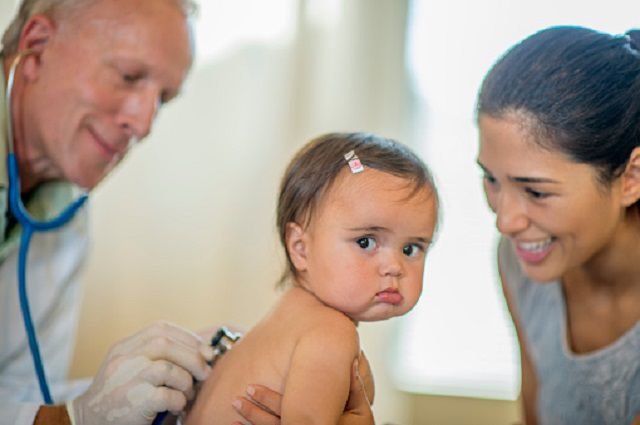Health Ministry to support MPS patients

TEHRAN- the Ministry of Health has announced its recent activities to support Mucopolysaccharide (MPS) patients in Iran that started with measuring its prevalence in the country.
MPS and related diseases are Lysosomal Storage Diseases. These are rare, life-limiting, progressive, genetic conditions caused by the shortage of a particular enzyme. The disease has seven distinct clinical types and numerous subtypes.
The first step was to identify the MPS patients in the country, said the head of the Transplantation and Treatment of Diseases Department at the Ministry of Health.
According to Mehdi Shadnoosh, MPS type 1, 2, 4 and 6 are the most prevalent types in the world. In Iran, 95 people have been identified with MPS type 1, 15 with type 2, 130 with type 4 and 95 with type 6.
According to Mehdi Shadnoosh, MPS type 1, 2, 4 and 6 are the most prevalent types in the world. In Iran, 95 people have been identified with MPS type 1, 15 with type 2, 130 with type 4 and 95 with type 6.
Accessibility to MPS medicine
Shadnoosh announced that the main medicines for treating MPS type 1 and 6; namely Aldurazyme and Naglazyme, have been completely free of charge for patients in the past 5 years as the expanses are covered by Iranian Food and Drug Administration (IFDA). The patients can also receive stem cell transplants.
“The medicine for MPS type 2, Elaprase, is unfortunately not available in Iran’s market and such patients can only receive stem cell transplants,” he added.
“The type 4 medicine is Vimizim that IFDA has been able to provide it for about only 30 patients. Previously, IFDA covered 96% of this medicine’s costs but now it has taken upon itself to cover the total costs,” he said.
Support packages
According to Shadnoosh, fortunately, the project for re-diagnosis and registration of PMS patients has been carried out and a protocol was established for taking samples of patients and sending them to eight selected laboratories all around the country in Tehran, Isfahan, Shiraz, Tabriz, Ahwaz and Mashhad. The patients were required to register in the system by the end of the Iranian month of Dey (ended on January 21st).
Shadnoosh announced that a support package for PMS patients is also underway.
“We have drafted another form where patients can report their health status and IFDA is trying to provide them with genetic test kits,” he noticed.
In October, Shadnoosh had announced that MPS is included in the Ministry of Health’s rare diseases list and patients can benefit financial supports provided by the ministry.
SJ/MQ/MG
